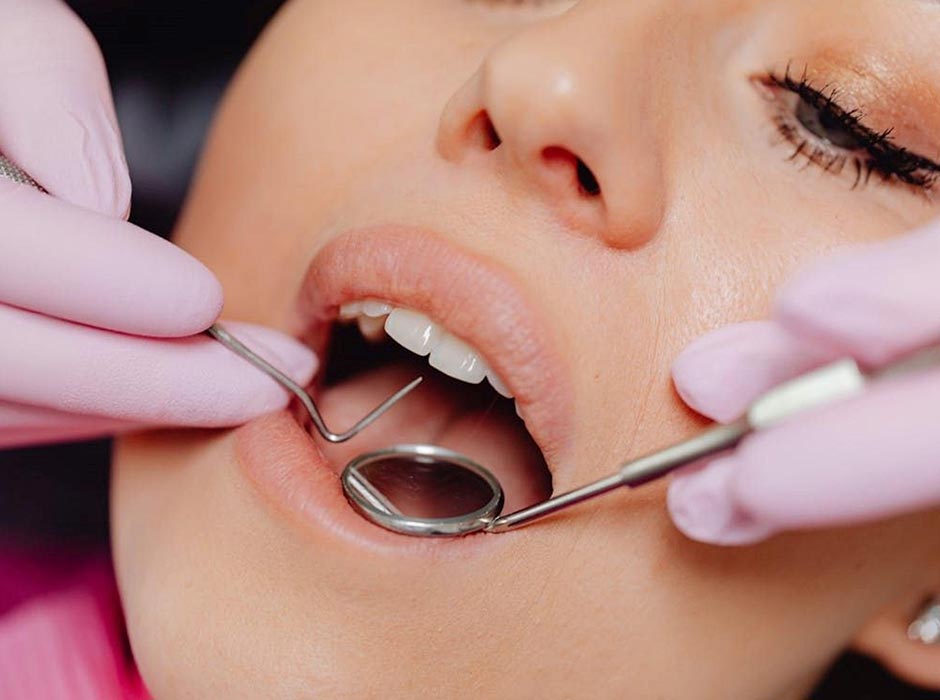The University of Otago’s ‘Dunedin Study’ dental team has received a significant funding boost to undertake vital research on oral health, thanks to a three-year grant from the Clare Foundation.
The grant will be used to support the collection and analysis of dental data in the Study’s age 52 assessments, which are underway after starting last year. No other birth cohort study in the world has been dentally assessed from early life to this age.
Researchers, both established and new-and-emerging, have expertise in a range of dental specialties, including public health, periodontics, endodontics, prosthodontics, and Māori health. The team also includes experts in qualitative and quantitative research methodologies who are working together to produce and share much needed information on the natural history of oral conditions and early dental aging, better understand people’s experiences of oral conditions and oral health care services, and identify factors that promote equity in oral health.
The Clare funding will help dental researchers who work alongside Study members on a daily basis.
Clare founder Anna Stuck, said such a major piece of research will have huge benefits for the future of dental health in Aotearoa. “As a qualified dentist and University of Otago alumni, I know first-hand how vital the insights from this study will be for generations of the dental workforce, and their patients, to come. The more we understand about dental health amongst the population over an extended period of time, the more we can learn about how to make the smiles of tomorrow bigger and brighter.”
The Dunedin Multidisciplinary Health and Development Study follows the lives of 1037 babies born in Queen Mary Maternity Hospital between 1 April 1972 and 31 March 1973. It is New Zealand’s longest-running longitudinal study and is considered the world’s most detailed study of human health and development. To read the full announcement, click here.
